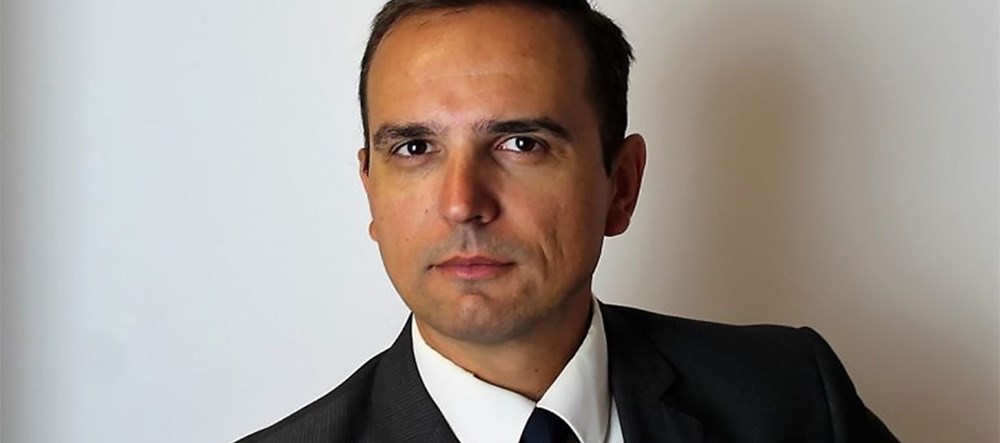Expert witness
Teli Chinelis is a forensics engineer specialising in acoustics who works as an expert witness advising courtrooms in legal cases.

What is your job?
My main role is in forensic engineering. I work as a professional expert witness advising the Courts about claims for Noise Induced Hearing Loss and Hand-Arm Vibration.
I have also done a lot of acoustic consultancy, which means I work with architects, developers, local authorities and others to improve the everyday sound in buildings and outdoors.
Why did you choose to work in acoustics?
Greeks still have siestas in the middle of the day and for some reason I just couldn’t fall asleep. I wanted to listen to music or play my guitar instead when everyone else slept. But I couldn’t because the sound permeated the building and I disturbed others. This problem that I had when a teenager, sparked my interest in acoustics/noise control!!!
What did you study to get into acoustics?
Since I knew what I wanted to do, I moved to the UK and went straight into Salford University to complete courses in Audio Technology and Audio Acoustics.
What do you love about your job?
The forensic engineering work I do is fascinating since it is highly complex, every case is different, and I enjoy the challenge of having my work scrutinised by barristers whilst on the stand at a trial.
What is most challenging about your job?
Crucial information is often missing in court cases. Here, I must use my skills, knowledge and experience to forensically recreate the work and working conditions, to advise the Court on the likely noise exposures, and the duties and responsibilities of employers at the relevant time.
What’s one of the most exciting projects you’ve ever done?
I am proud of my work at Park House on Oxford Street. Due to nearby underground trains, noise sensitive parts of the building had to be placed on springs to stop vibration getting in. Due to noise from Oxford Street, specialist glazing and ventilation had to be designed. It was an upmarket development, so a high level of acoustic performance had to be achieved.
How does your work make a difference to peoples’ lives?
In my forensic work, I assist claimants and defendants to seek justice. I advise the courts where claimants allege that their hearing or hands were injured by excessive noise and vibration whilst they were employed by the defendants.
What else might a student need to know about a career in acoustics?
The various fields were knowledge of acoustics is required is simply staggering. Google "Lindsay’s Wheel of Acoustics" to get a feel of the number of different doors a degree in Acoustics can open!
What advice would you give a young person who was considering engineering as a future career?
The world of engineering is varied and ever changing. As a very wise builder told me once "Variety, is the Spice of Life".
Even though employers would not like this advice, I would urge young engineers to spend the first say 10 years of their career moving around companies in order to get as much experience in various engineering fields before starting to specialize.
What skills and personal qualities are important for being an engineer?
As a manager of young engineers I found ten important qualities/attributes that all engineers must possess. These are 1) being on time; 2) work ethic; 3) effort; 4) body language; 5) energy; 6) attitude; 7) passion; 8) being coachable; 9) doing extra; 10) being prepared.
Without even considering talent and intelligence, if you have these, a bright and exciting future is waiting for you in the ever-challenging and wonderful world of engineering.